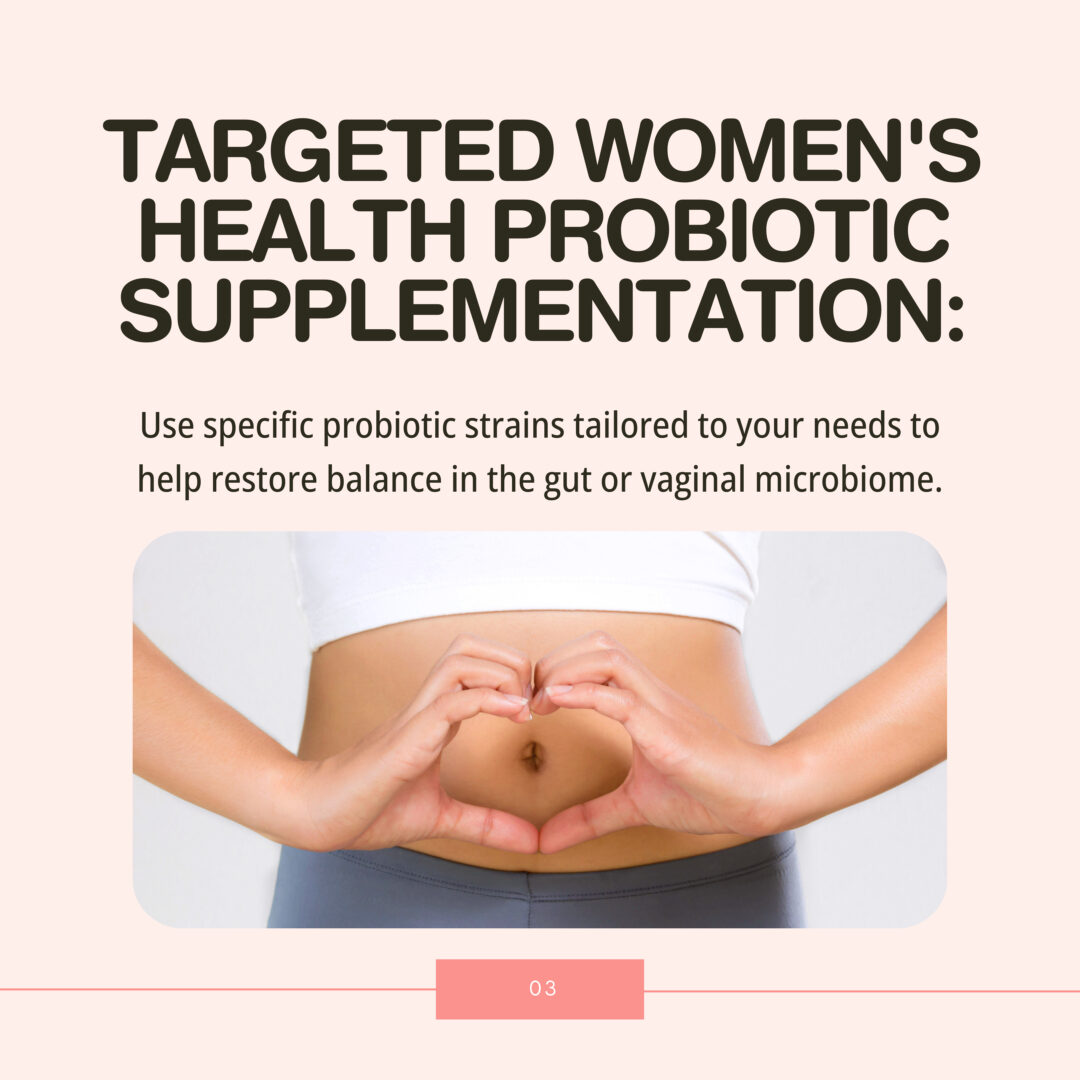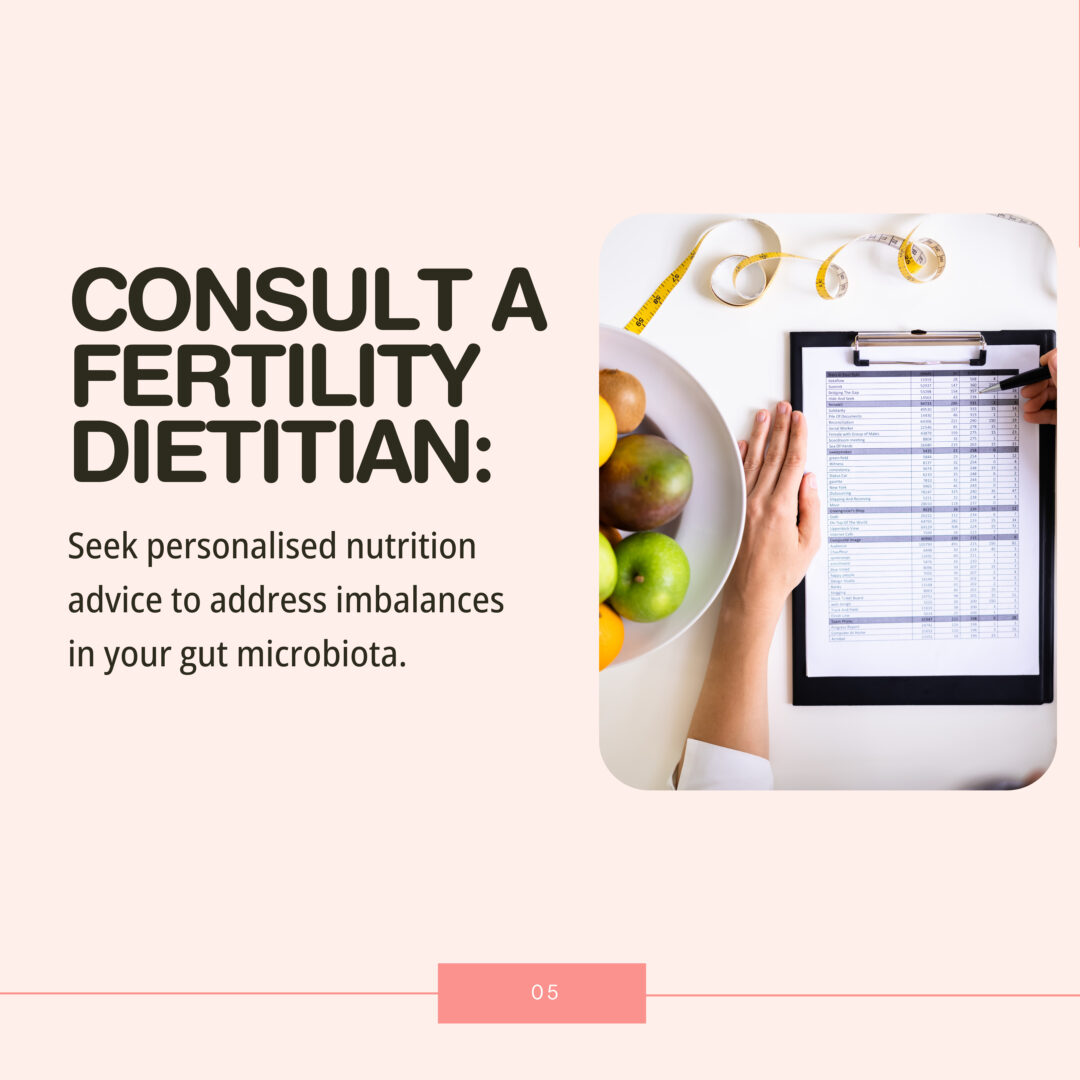Gut Health and Fertility: What You Need to Know
Gut health and fertility are increasingly recognised as interconnected, with emerging research showing how the gut microbiome can impact reproductive success. But what exactly is the gut microbiome, and how does it influence your chances of conceiving?
In this blog post, we explore the connection between gut health and fertility and the steps you can take to optimise your microbiome.
What Is the Gut Microbiome?
The gut microbiome refers to the trillions of microorganisms in your intestinal tract, including bacteria, yeast, and other microbes. These microorganisms:
- Support immune and metabolic functions.
- Strengthen the gut lining.
- Protect the body against harmful pathogens.
However, stress, poor dietary habits, and illness can disrupt this delicate ecosystem, affecting overall health.
Gut Health And Fertility
Recent studies reveal that the gut microbiome significantly influences fertility. It impacts various stages of female reproduction, including oocyte maturation, fertilisation, and embryo implantation. Similarly, it plays a role in male reproductive health, with evidence linking gut microbiota alterations to changes in sperm quality.
Sex hormones such as progesterone, estradiol, and testosterone interact with gut microorganisms, emphasising the importance of hormonal balance for reproductive health. Disruptions in the gut microbiome have been associated with endometriosis, polycystic ovary syndrome (PCOS), and menstrual cycle irregularities.
Dysbiosis in the gut or genital microbiota can lead to chronic inflammation and immune dysregulation, further complicating fertility issues.
Vaginal and Endometrial Microbiomes in Fertility and IVF
The vaginal and endometrial microbiomes are crucial for reproductive success. Studies show that a Lactobacillus-dominant microbiome in the vaginal and endometrial environments enhances IVF outcomes. Conversely, dysbiosis in these microbiomes can lead to failed implantation or recurrent pregnancy loss.
Additionally, a recent systematic review and meta-analysis of 25 studies involving 6,835 IVF patients found that vaginal dysbiosis (VD) was present in 19% of cases. VD was associated with an increased risk of early pregnancy loss and a reduced clinical pregnancy rate. Still, it showed no significant impact on the live birth rate or biochemical pregnancy rate.
These findings highlight a puzzling relationship, where VD appears to influence specific reproductive outcomes, underscoring the complexity of its role in fertility.
How to Improve Gut Health and Fertility
Supporting gut health is an essential step toward optimising fertility. Here’s how you can optimise a balanced gut microbiome:
- Eat a gut-friendly diet: Incorporate fibre-rich foods, prebiotics, and probiotics to encourage healthy gut bacteria.

- Adopt an anti-inflammatory Mediterranean diet: Focus on nutrient-rich, anti-inflammatory foods such as fresh fruits, vegetables, whole grains, nuts, seeds, and fatty fish rich in omega-3s (like salmon and mackerel). Incorporate healthy fats from olive oil, avocados, herbs, and spices like turmeric and ginger, which are known for their anti-inflammatory properties.

- Targeted women’s health probiotic supplementation: Use specific probiotic strains tailored to your needs to help restore balance in the gut or vaginal microbiome.

- Manage stress levels: Chronic stress negatively affects both gut health and fertility.

- Consult a fertility dietitian: Seek personalised nutrition advice to address imbalances in your gut microbiota.

By addressing your gut health, you’re improving digestion and taking critical steps to enhance your fertility.
To learn more about fertility-friendly foods, visit our previous blog post here.
Bottom Line:
- A healthy gut microbiome supports hormone balance, immune health, and overall fertility for both men and women.
- Dysbiosis, or an imbalanced gut microbiome, is linked to conditions like PCOS, endometriosis, and reduced IVF success rates.
- Optimising gut health through diet, probiotics, stress management, and expert nutrition guidance can significantly improve your chances of conceiving.
